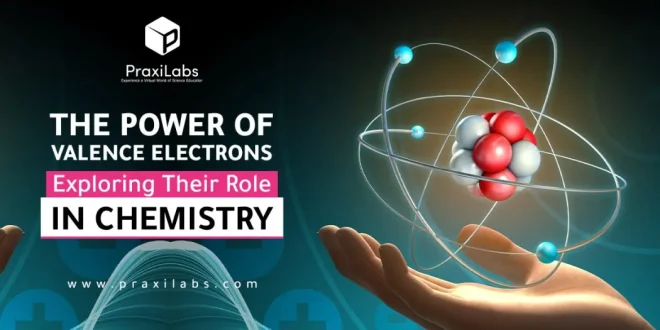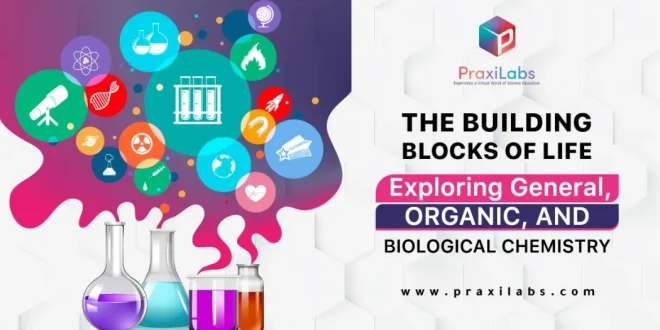Last Updated on August 22, 2025 by Muhamed Elmesery Western blot technique is a staple in the toolkit of researchers and scientists, yet it often raises many questions. Whether you’re a student, researcher or a newcomer to the field, understanding the ins and outs of Western blot is crucial for obtaining reliable results. In this blog, we’ll delve into the …
Read More »
 PraxiLabs A virtual world of science
PraxiLabs A virtual world of science









